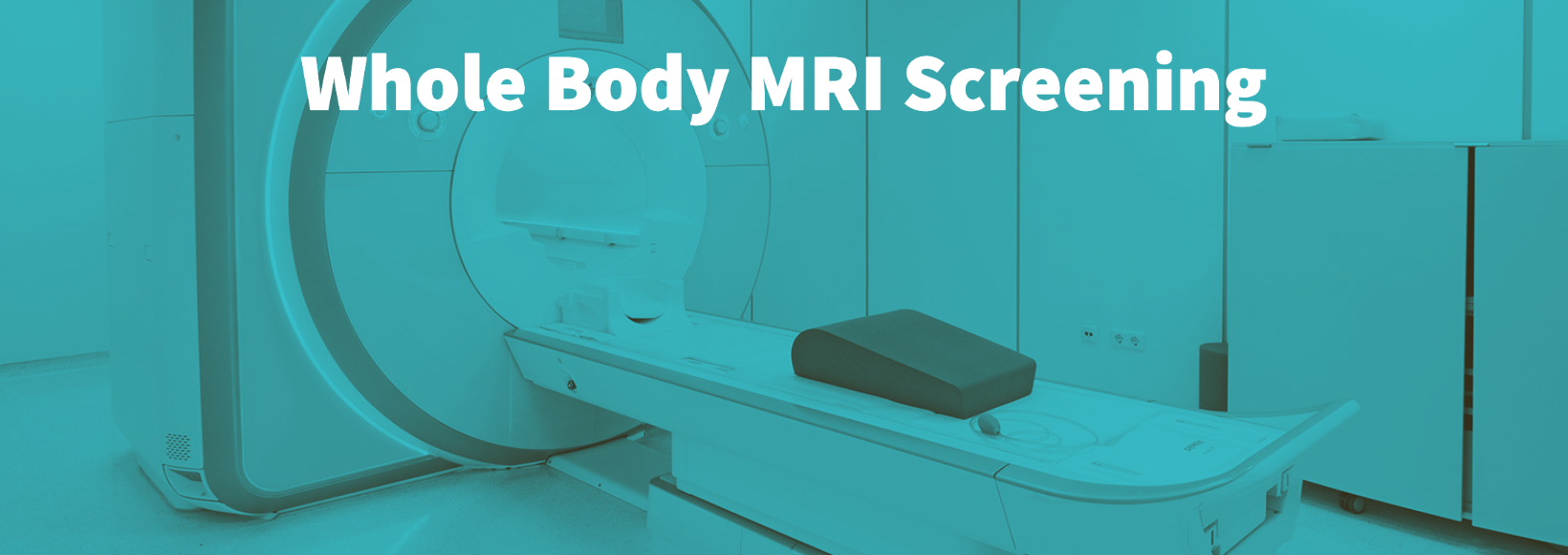
Whole-Body MRI: "First Come, First Saved"
For some time now, whole-body MRI (magnetic resonance imaging) has been used in the management of people with cancer to detect disease recurrence or progression. MRI is fantastic in this role because it is non-invasive and has no ionising radiation. Whole-body MRI has recently been used in people with genetic syndromes that predispose them to cancer. It is now being used to detect cancer in the general population before symptoms begin.
People diagnosed with cancer earlier are more likely to survive than those diagnosed later. Early diagnosis leads to better healthcare experiences. People diagnosed early have fewer treatment side effects and a higher quality of life than those diagnosed later.
What is a whole-body MRI?
Whole-body MRI uses very strong magnetic fields to create images of the body. A whole-body MRI does not actually check the whole body. Usually, the arms or legs are not included. This is because the chance of detection of a serious abnormality in the arms or legs is zero. The MRI scanner is a large, noisy, doughnut-shaped machine. The scanner that we use allows patients to watch Netflix while they are having their scan!
How long does a whole-body MRI take?
Usually, a whole-body MRI takes around 90 minutes. Prior to the scan, safety questions are answered, and patients change out of their normal clothes into a comfortable gown and warm socks. As the scans use magnetic fields, certain people, for example, those who may have a pacemaker or metal fragments in their body, cannot have an MRI scan. For everyone else, a whole-body MRI is perfectly safe.
Why would you have a whole-body MRI?
Early detection of cancer is the main reason to have a whole-body MRI. In studies of whole-body MRI, the rate of cancer detection ranges from 0 to 10%. A review of studies into the whole body found that the pick-up of cancer was between 1 and 2%. By comparison, the detection rate of breast cancer using digital mammography is 0.8%.
What are the disadvantages of a whole-body MRI?
Whole-body MRI is excellent at picking up cancer. It is also excellent at picking out lots of unnecessary detail. Indeed, very few whole-body MRI scans are entirely normal. However, only 30% of whole-body MRI scans detect findings that require further investigation to rule out a serious condition. Waiting for the results of additional investigations can be stressful in the short term. However, studies have found that these people did not have any increased stress in the long term.
A whole-body MRI is an extremely effective tool for detecting cancer. It is non-invasive and takes only 90 minutes. It can pick up a lot of unimportant abnormalities, which can increase short-term anxiety. However, in the long run, it is an incredibly valuable opportunity to detect cancer early.

About the Author
Dr J Hugh Coyne is a private GP at Coyne Medical in London, specialising in family medicine, preventative care and screening. Passionate about patient-centred healthcare, he provides expert guidance on health screenings and personalised wellness plans. Dr Hugh also uses his experience in preventative health and family medicine to act as a Medical Advisor to MedTech companies.
📍 Coyne Medical | Fulham, London SW6
📅 Book an appointment today to discuss your health needs!